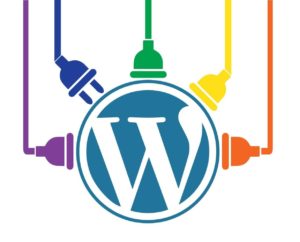Printed Books vs e-Books
With the ever growing popularity of e-books, books that can be read on a tablet, phone, iPad, or simply anything digitally compatible, will a printed book be destined to join the carved rocks and old rice paper scrolls and type-written pages that we look at behind a cabinet in awe along with other curious items from our past? If so, should we be concerned?
The answer to this question is a difficult one as the variability of e-book trends and in research findings of the effects, or lack of effects, digital reading has on us. However, according to a survey conducted by Pew Research in 2015, half of American adults now own a e-reader or tablet and that 3 in 10 people read books digitally. Printed books still remain the most popular means of reading, but within the last decade e-books have been catching up.
There is also a debate in regards to how digital reading affects children. Children’s e-books are able to contain enhanced illustrations with sounds and movements. However, the effects of these additions varies and depends on how the additions are executed. If they are done well, they can be used as a ‘guide’ for children and help them understand more difficult parts of text. But others are worried that e-books will change the way children comprehend the written word.
While no one can really hold the future of printed books, the fact that e-books can offer books for a much lower price and the fast expansion of technology, this offers customers a reason to switch to screens rather than paper. That being said, printed books won’t necessarily disappear entirely, but will hold an artisanal and aesthetic value. Like hand-processed film or woodblock printing or even folk weaving, paper books will be more looked at in art catalogues for example than actually be read. They will be for a limited audience that enjoy such areas like poetry, historians and artists. In 10 years it may be unusual to see someone reading from a printed book rather than a device.
Total demise of the printed book is unlikely within the next 50 to 100 years. It perhaps may be inevitable though as people will find it harder to understand why anyone would print something that’s heavier, bulkier, harder to ship and just not customisable anymore. It just won’t make sense.
My personal opinion, I hope we can keep the relationship of seeing the benefits of both digital and printed books. Both are very valuable for both children and adults. But for all the worries of the new e-book, I can point out that never before have we had such an extensive amount of knowledge made possible and these devices helps us to access this widespread library. After all, whichever way you prefer to read, books are a mechanism for giving literacy. And literacy is one of the most important contributions to our intellect and development.






